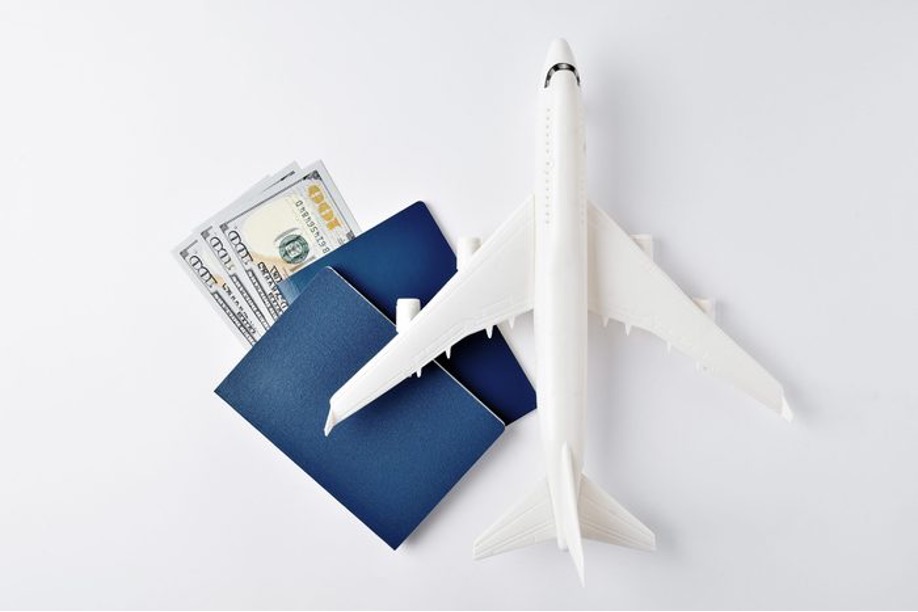How to avoid price jumps when booking airfare.

I had to go to Nashville for a wedding and only one flight worked for my schedule. I didn’t have flexibility on the destination, the date, or even the specific flight. I did, however, have a choice on when to book my trip. So I used the 21-Day Rule to avoid an unexpected price jump.
Set a 21-day calendar reminder
As soon as I found out I was invited to a “sort-of elopement” in Nashville in six weeks, I started monitoring the fare on the one flight that would work for me. Unfortunately, days passed without the price dropping. What to do? Set a calendar reminder for 21 days before my departure date while continuing to check the fare every day.
When day 21 rolled around and the price still hadn’t dropped, I pulled the trigger. The next day the fare jumped $140. A week later, it rose another $150.
How did I know at day 21 the price would increase?
Why 21 days (and 14 days and 7 days) matters
The pricing of airline tickets is governed by many rules. One of these is the advance purchase requirement, which mandates a particular fare is available only if booked, for example, 21 days or more in advance of travel. There are also 14-day and 7-day advance purchase requirements.
The Nashville fare I booked expired the next day (21 days before departure), the new cheapest fare (one with a 14-day advance purchase requirement) cost $140 more. Setting myself a 21-day deadline (via a calendar reminder) prevented me from unnecessarily overpaying the next day.
Why did I know the fare would go up rather than down? Because leisure travelers tend to book flights earlier and business travelers tend to book flights later; airlines price their tickets accordingly, increasing fares on the type of tickets business travelers buy, which include bookings closer to departure dates.
When to book if you have more time
If you need to book a flight in the near future, setting a 21-day cutoff is a good idea. But if you’re hoping to score a cheap, not just cheaper, flight, planning further in advance is the way to go.
While there’s no specific time or day when flights are cheapest to book—Tuesday at 1pm might have been true 20 years ago but today it’s a myth—there are windows in advance of travel when cheap flights are most likely to pop up. (Note: while there’s no predictably cheapest time or day to book flights, there are days when it’s generally cheaper to fly: Tuesdays, Wednesdays, and Saturdays.)
For domestic flights, the window is 1-3 months in advance of travel. For international flights, it’s 2-8 months in advance. If you’re traveling during peak season—summer, New Year’s Eve, Superbowl weekend—add a few months to those windows.
Twist’s Take: Use the 21-Day Rule to save money when booking flights in the near future.

